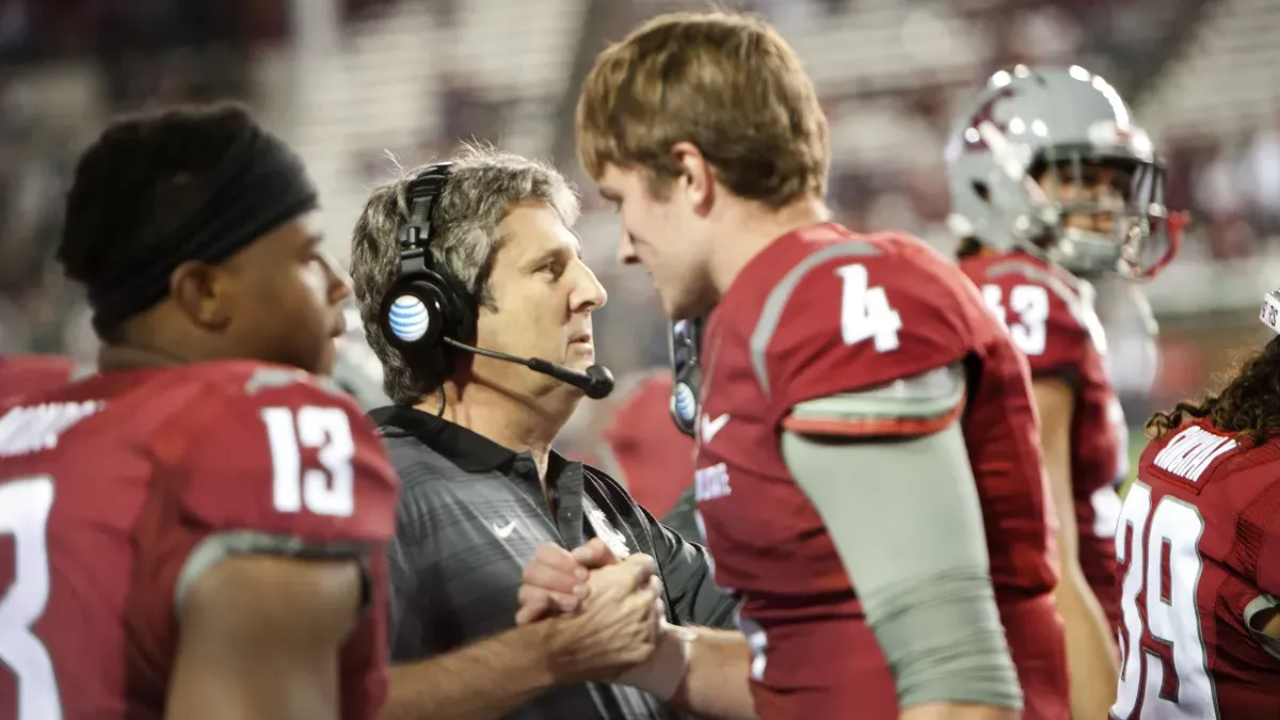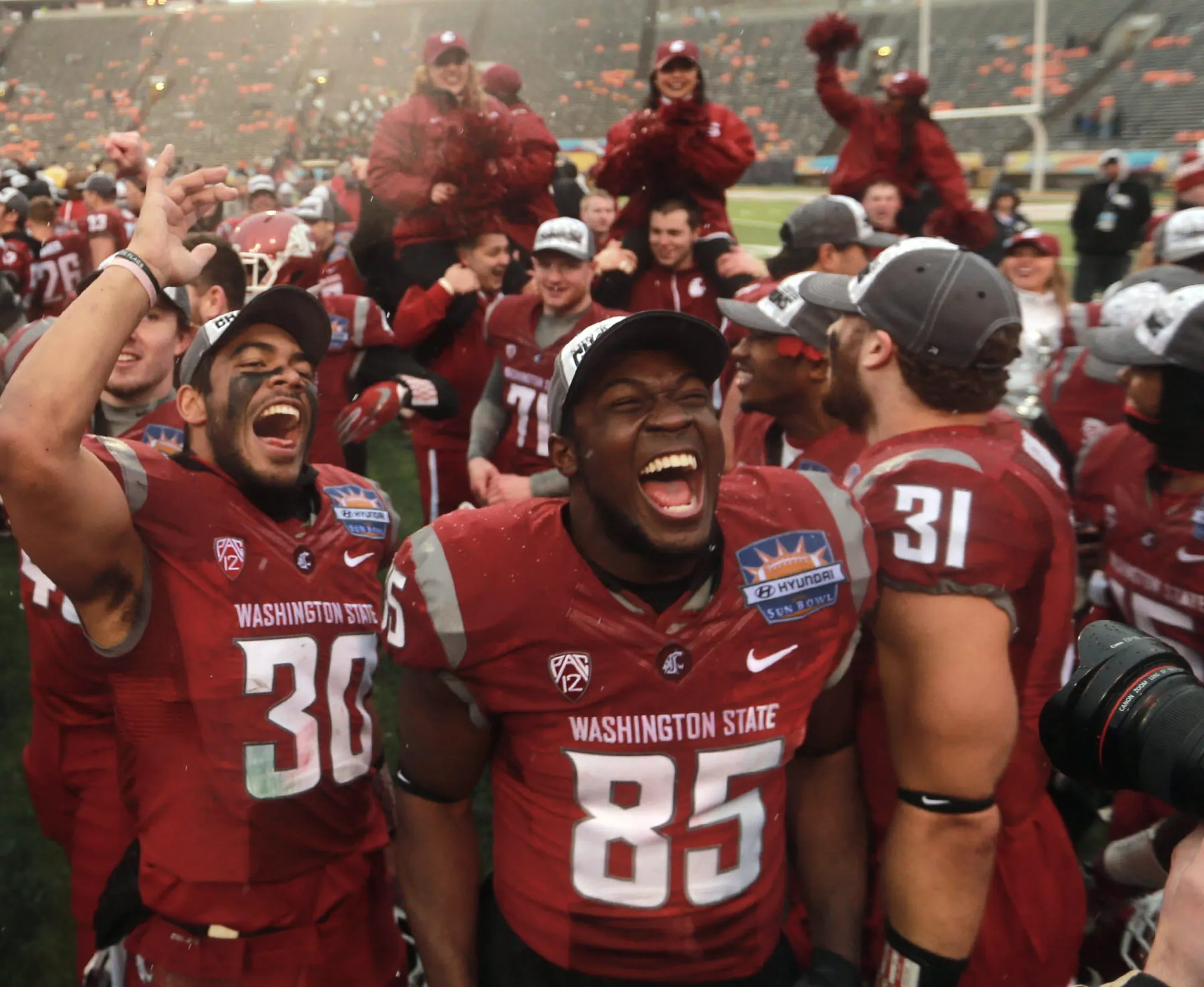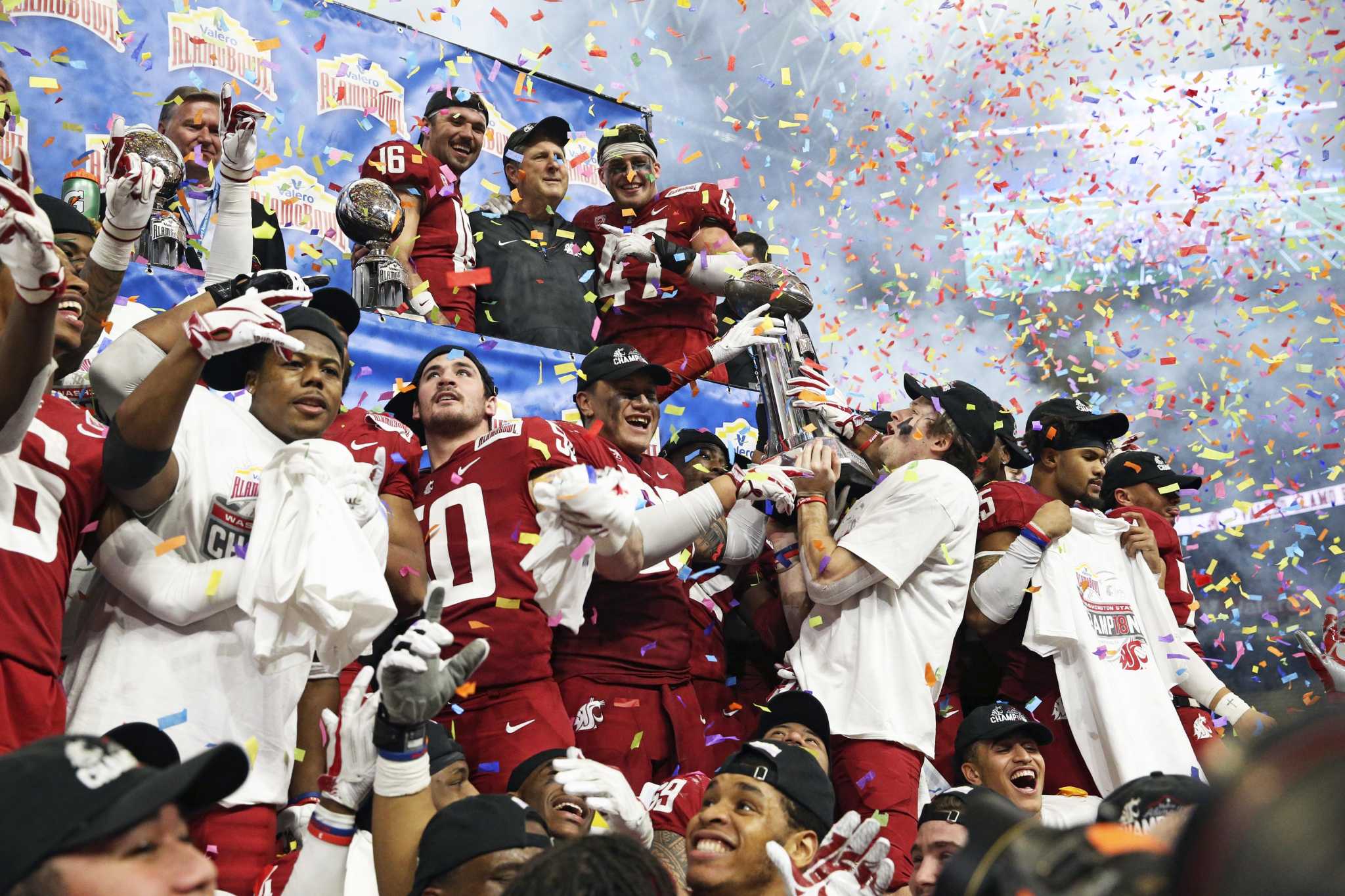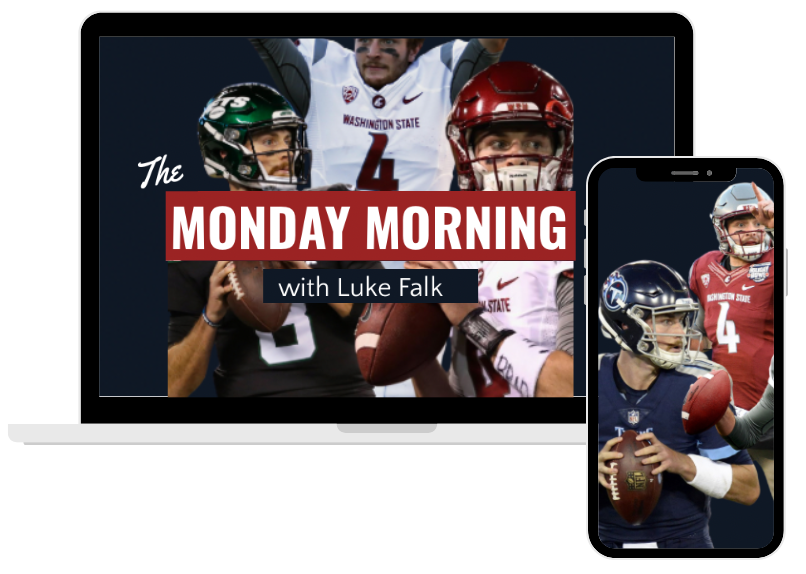Alignment Is Everything
Jul 07, 2025
In 2017, we had a split staff. Half were aligned with Coach Leach, and the other half seemed to be against him. One group accepted the quirks that came with working for Leach—him being late to meetings, his night owl schedule, and his non-traditional football views. The other half resented it.
Had that resentment stayed internal, maybe it wouldn’t have been detrimental. But instead, the complaining and blaming spilled over to the players—and unfortunately, I was one of the ones who listened to the wrong voices.
Listening to those voices fueled the fire of my 22-year-old immaturity and victim mindset, further driving a wedge between Coach Leach and me—the one guy who gave me a shot when 100 other programs didn’t
In 2015? We were aligned.
I saw things the way he did. I bought in. I did everything I could to do my job and execute at the level he expected. I had his support—so much so, he even campaigned for me to win the Heisman. That season was magical. We had a special team, bond, and brotherhood that’s hard to describe. What made it special was the alignment in the building. Coaches. Players. Staff. Everyone pulling in the same direction. It was a “we,” not “me” approach—and you could feel its power.

But as often happens with success when it’s not handled effectively, it went to people’s heads—mine included. Rather than the 'we' being the focus, it became about 'me.' Coaches looked to boost their résumés, were quick to share disgruntled opinions with their position groups, and as a result, a fracture occurred. It showed up in the locker room and out on the field. A complaining cancer had been created—and it spread throughout the program.
New Buy-In
Then in 2018, a fresh new crop came in. New coaches. New players. A new QB. New buy-in. That team was aligned—it was “we,” not “me”—and they went on to have the best season in WSU history: 11 wins and a season for the ages.

The Learning:
Looking back, it’s a lesson I carry with me. Alignment is everything. Culture is key. And everyone plays a part in it.
One of our coaches once said that the lug nuts on a car’s wheel are just as important as the high-powered engine. If they fall off, so do the wheels. A role that may seem small and insignificant can actually carry massive impact when compounded over time. Whether that impact is good or bad depends on the daily actions of that person and their level of buy-in.
If you’re part of a team, you owe it to the greater cause to put pride and ego aside for the sake of the vision. A simple rule if you’re an assistant, player—or in any supporting role: focus on what you can control. Don’t like how things are being run? Create solutions and present them to the guy in charge. Stop just bring up problems—bring answers.
If your idea is accepted—execute it at a high level. If it’s not— shelf it for when you’re in charge. In the meantime, do your job and do it well. Complaining is a cancer. Avoid it at all costs.
Leaders: Create a clear vision and keep a pulse on the culture. When your people are doing a great job staying in alignment—recognize and reward it. Nothing is more energizing than being told "you’re doing a great job" by someone you respect.

